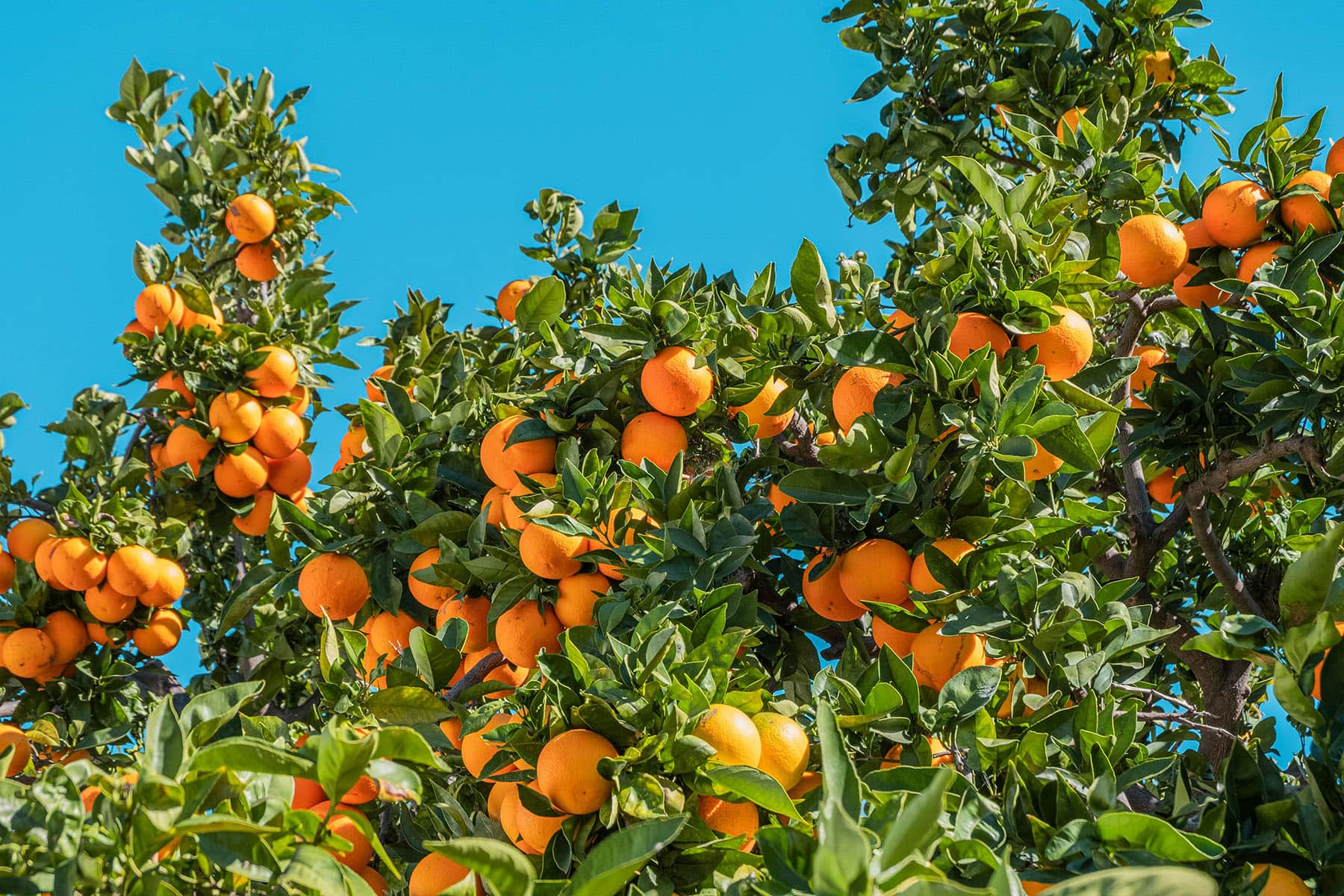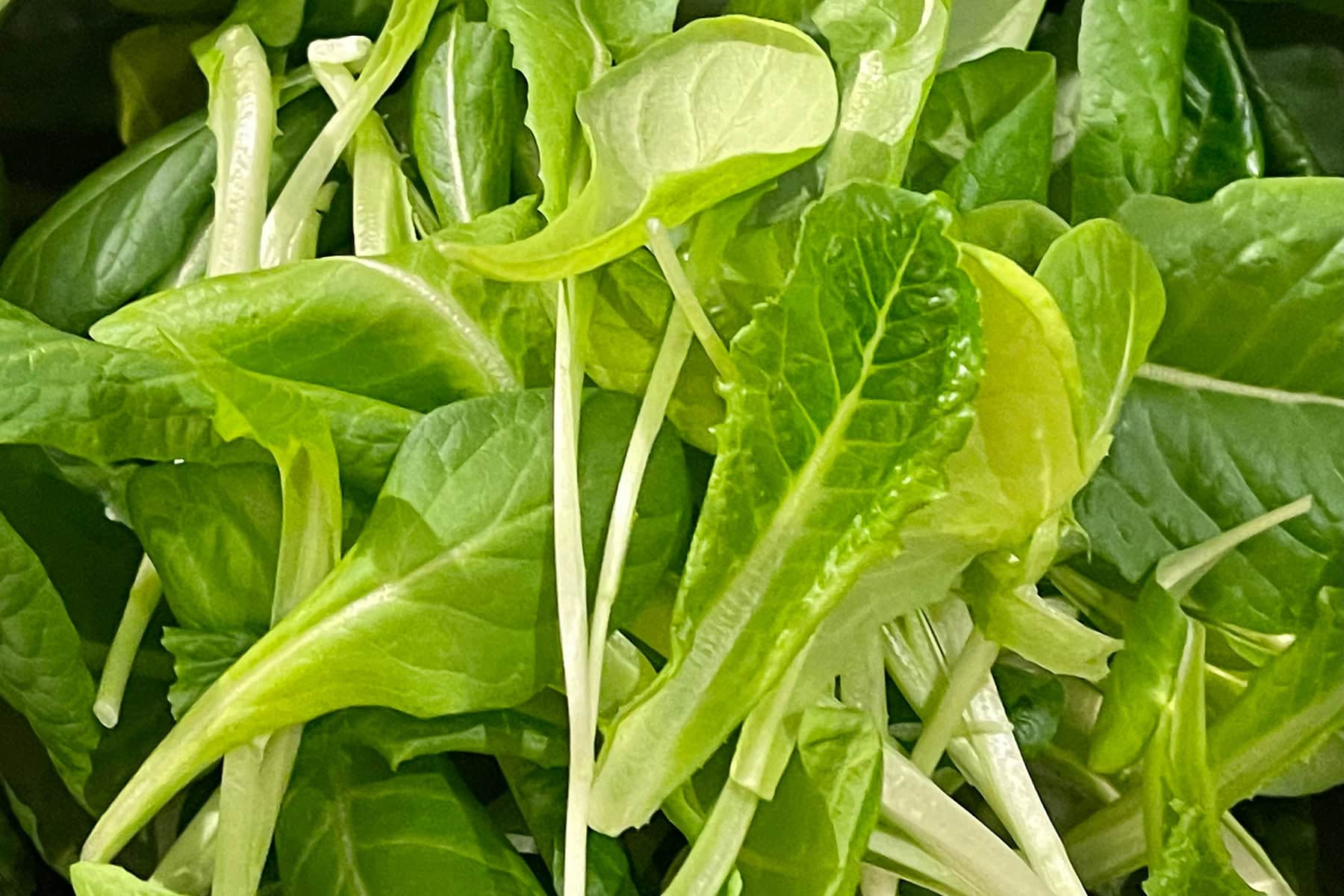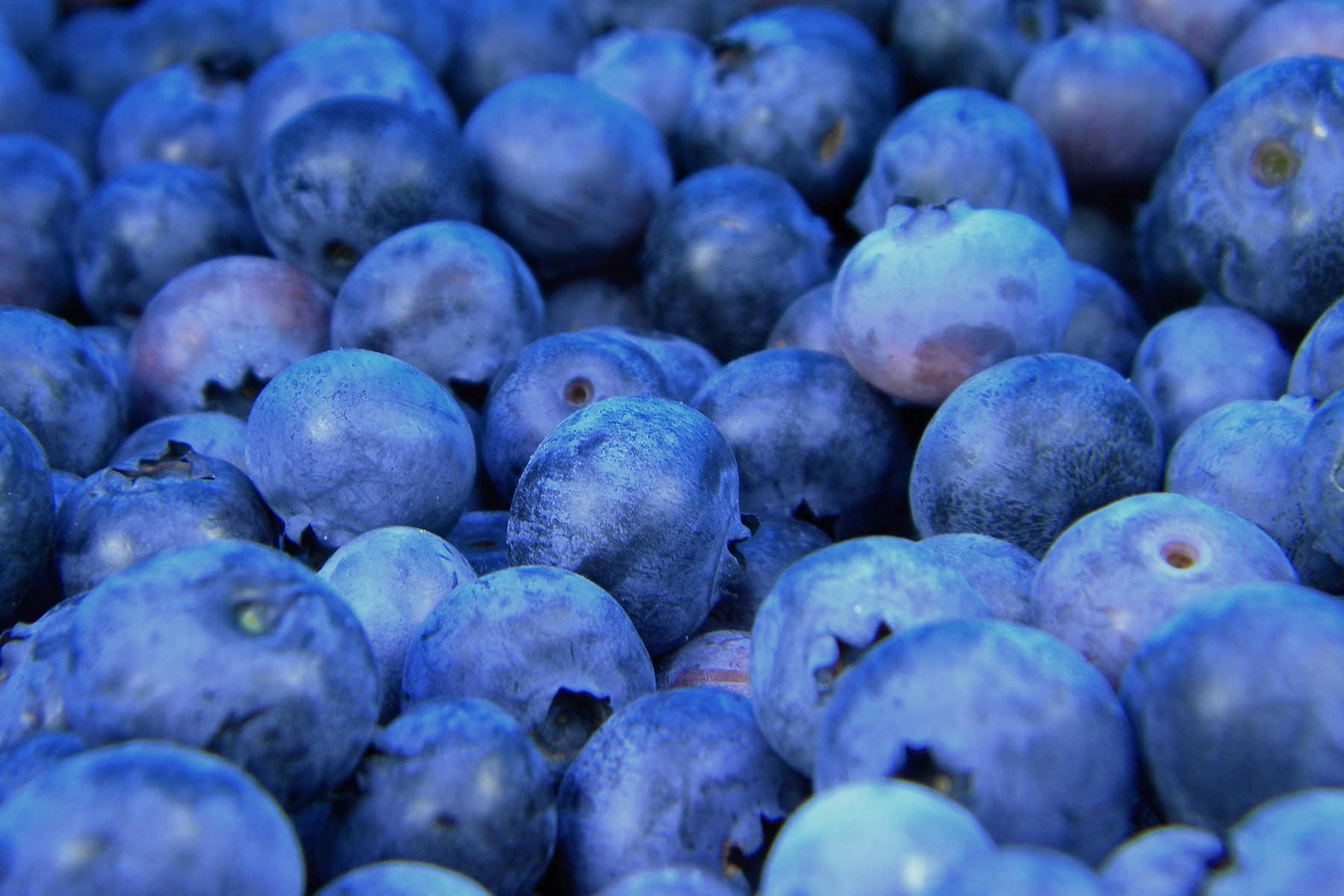Wondering what to eat after tummy tuck to ensure optimal recovery?
This guide will help you through essential dietary choices that can help you heal faster and more comfortably.
From light meals and hydration to protein-packed foods and fresh produce, we will cover the best foods to support your tummy tuck healing journey post-surgery, specifically focusing on what to eat after a tummy tuck.
Key Takeaways
- Proper nutrition starts before the tummy tuck and includes a diet high in lean protein and hydration
- Start with light meals and stay hydrated to support your digestive system and enhance recovery after a tummy tuck.
- Incorporate protein-rich foods, fresh fruits, and vegetables into your diet for optimal healing and energy during recovery.
- Avoid high sugar and processed foods while managing cravings with healthy snacks to maintain progress and achieve long-term results.

Book Your Appointment
With Dr. Rovelo, a top plastic surgeon in Beverly Hills
Before Surgery
Starting at least a month before surgery, make sure that you have a diet high in lean protein (e.g. poultry, Greek yogurt, white fish, legumes).
Adequate protein stores are critical in helping your body heal and recover from surgery.
If you have had a weight loss surgery or are on weight loss medications, make sure that your nutrition labs are up to date and that any deficiencies have been corrected.
Constipation after surgery occurs due to the effects of anesthesia as well as some medications.
In order to decrease the chances of having post-op constipation, it is important to stay very hydrated in the days leading up to surgery.
Dr. Rovelo mentions that you should drink at least 8 glasses of water a day prior to surgery.
In addition, try to eat light, easily-digestible foods.
This includes foods such as smoothies, yogurts, salads, and lean protein.
Heavier, bulkier foods will take longer to digest and may worsen symptoms of post-operative constipation.
Starting with Light Meals
After undergoing a tummy tuck, or a tummy tuck with liposuction your body needs to ease back into the process of digestion.
Light meals are gentle on your stomach and crucial for overall recovery.
Imagine your digestive system as a healing machine; it needs time and the right kind of fuel to function optimally.
Initially, clear liquids and soft, easily digestible foods are your best friends.
Think of clear broths, yogurt, and soft cereals.
These foods are mild yet nourishing, providing the necessary nutrients without overburdening your digestive system.
Slowly transitioning from liquids to soft foods helps your body adjust without unnecessary strain.
As you start feeling better, you can gradually reintroduce more solid foods into your diet.
The key here is to listen to your body and progress at a pace that feels comfortable.
Avoid jumping straight into a regular diet; instead, focus on maintaining a balanced diet that supports your healing journey.
Hydration is Key
Hydration is an absolute cornerstone of recovery after a tummy tuck.
Not only does water play a vital role in maintaining skin elasticity, but it also aids in the overall healing process.
Picture your body as a sponge that needs adequate moisture to function optimally.
Without proper hydration, the recovery process can be hindered.
Aim for at least 64 ounces of water daily to stay hydrated.
Foods with high water content, such as cucumbers and watermelon, are excellent choices.
These hydrating foods not only quench your thirst but also supply essential vitamins and minerals that aid in recovery.
Avoid alcohol and caffeine, as they dehydrate your body and impede healing.
Opt for water, herbal teas, and hydrating fruits and vegetables to keep your body in top shape.
Remember, hydration can also help manage cravings by distinguishing between hunger and thirst.
That being said, if you are dependent on caffeine, a small amount in the morning is appropriate to avoid headaches, irritability, etc.
Are you ready to begin your aesthetic journey with Dr. Rovelo?
Protein-Packed Foods for Healing
Protein is the building block of tissue repair, making it indispensable for recovery after a tummy tuck.
A protein-rich diet aids in repairing muscles, tissues, and skin, ensuring smoother recovery.
Think of protein as the construction crew that rebuilds your body post-surgery.
Poultry, fish, eggs, and legumes are all examples of lean proteins.
They are excellent choices for a healthy diet.
Foods like beans, peanut butter, and chia seeds are also high in protein and can be easily incorporated into your meals.
These foods not only support tissue healing but also boost your immune system, helping your body fend off infections.
Protein shakes are a convenient way to eat high protein and increase your protein intake.
Frequent small meals can manage hunger and provide a steady nutrient supply for healing.
Opting for healthy snacks like nuts and Greek yogurt over junk food can make a significant difference in your recovery and help prevent weight gain.
Incorporating Fresh Fruits

Fresh fruits are nutrient powerhouses essential for recovery.
Packed with vitamins, minerals, and antioxidants, raw fruits play a pivotal role in supporting the healing process.
Imagine fruits as the natural elixirs that help rejuvenate your body from within.
Fruits high in vitamin C, such as guavas and kiwis, are particularly beneficial.
Vitamin C is crucial for tissue maintenance and collagen production, which are essential for wound healing.
Additionally, the antioxidants found in colorful fruits help reduce inflammation, promoting a quicker and better recovery.
A variety of fruits like berries and citrus can enhance recovery.
These fruits not only provide essential nutrients but also add a burst of flavor to your meals, making your post-surgery diet enjoyable and nutritious.
The Power of Vegetables

Vegetables are vital for a healthy diet, especially during post-tummy tuck recovery.
They are rich in vitamins, minerals, and antioxidants that help reduce inflammation and support overall recovery.
Think of vegetables as the guardians of your health, fortifying your body against complications.
Leafy greens like kale, microgreens, and spinach are excellent choices.
These vegetables are high in antioxidants and vitamins that contribute significantly to healing after surgery.
A variety of vegetables ensures a broad spectrum of nutrients, enhancing healing and recovery.
Avoid processed foods and snacks is crucial, as they can negatively affect your recovery by increasing inflammation.
Instead, focus on incorporating a rainbow of vegetables into your diet to support your body’s recovery and overall health and reduce processed foods.
Whole Grains for Sustained Energy
Whole grains are essential for providing sustained energy during your recovery.
Whole grain cereals help improve digestion and keep you feeling satisfied.
Think of whole grains as the slow-burning fuel that keeps your body’s engine running smoothly throughout the day.
Whole grains like cereals and brown rice are particularly beneficial.
These fiber-rich foods help prevent constipation, a common side effect of pain medication. Including whole grains in your diet ensures you have the energy needed to support your body’s healing process.
High-fiber foods like foods high in:
- whole grains
- legumes
- fruits
- vegetables
help maintain regular bowel movements post-surgical procedure.
This not only aids in digestion but also helps you feel more comfortable and less bloated, contributing to a smoother recovery experience.
Vitamins and Minerals for Recovery

Vitamins and minerals are crucial for recovery after a tummy tuck.
They support the immune system, repair cell damage, and promote overall healing.
Think of these nutrients as the tiny helpers that ensure your body’s recovery machinery runs efficiently.
Vitamin C is particularly important for tissue healing and collagen production.
Foods rich in vitamin C, such as citrus fruits, can significantly aid in the recovery process when you have enough vitamin C.
Zinc is another essential mineral that supports the immune system and can be found in foods like oysters, beans, and nuts.
A balanced diet rich in vitamins, minerals, and proteins ensures a more effective recovery for the body’s recovery.
Including a variety of nutrient-dense foods in your diet ensures you get all the essential nutrients needed for optimal body heal and proper nutrition.
Avoiding Certain Foods
Avoiding certain foods is as important as including the right ones post-surgery.
High sugar, high fat, and processed foods should be avoided to promote optimal recovery.
These foods hinder your healing journey.
Exclude fatty and greasy foods to avoid digestive issues.
Sugary beverages and snacks can slow down the recovery process and should be avoided.
Alcohol consumption should also be avoided during recovery, as it can impede the healing process.
Gas-producing foods and drinks, such as carbonated beverages, should be avoid foods to enhance digestive comfort.
By avoiding these foods, you can ensure a smoother and more comfortable recovery experience.
Managing Cravings & Appetite
Managing cravings and appetite post tummy tuck is essential for successful recovery.
Small, balanced meals keep you full and support healing.
Think of these meals as the steady fuel that keeps your recovery on track with a post tummy tuck diet.
Include whole grains, lean meats, vegetables, and fresh fruits in balanced meals.
Nuts, fruits, and Greek yogurt are healthier snacks that satisfy cravings without compromising recovery.
Opt for natural sugars in fruits and limit sugary foods to satisfy your sweet tooth without causing blood sugar spikes.
Mindful eating choices significantly impact recovery.
By focusing on nutritious, balanced meals and healthy snacks, you can manage cravings and support your body’s healing process.
Long-Term Healthy Eating Habits
Long-term healthy eating habits preserve tummy tuck results.
A balanced diet rich in lean proteins, fresh fruits, whole grains, and vegetables is essential for long-term health.
Think of these habits as the foundation that supports your new, improved body, along with a proper tummy tuck diet and tummy tucks.
Lifestyle changes like avoiding smoking and managing stress help maintain tummy tuck results.
Regular exercise is also essential for maintaining the optimal results of a tummy tuck procedure and supporting overall health, especially for those considering plastic surgery.
Healthy habits and diets prevent excess fat accumulation post-tummy tuck.
By committing to a healthy lifestyle, you can enjoy the benefits of your tummy tuck for years to come, reducing the number of fat cells in your body.
Summary
In summary, the foods you eat after a tummy tuck play a crucial role in your recovery.
Starting with light meals, staying hydrated, and incorporating protein-rich foods, fresh fruits, and vegetables can significantly enhance your healing process.
Whole grains provide sustained energy, while vitamins and minerals support tissue repair and immune function.
Avoiding certain foods like high sugar, high fat, and processed foods is essential for optimal recovery.
Managing cravings and appetite with healthy snacks and balanced meals can help you stay on track.
Long-term healthy eating habits and regular exercise are crucial for maintaining the results of your tummy tuck.
By following these dietary guidelines, you can support your body’s recovery and enjoy the results of your tummy tuck for years to come.
Here’s to a healthier, happier you!

Book Your Appointment
With Dr. Rovelo, a top tummy tuck surgeon in Beverly Hills
Frequently Asked Questions
What are the best foods to eat immediately after a tummy tuck?
After a tummy tuck, focus on clear liquids and soft, easily digestible foods like broths, yogurt, and soft cereals to support your recovery. Nourishing your body right after surgery will help you heal effectively!
How much water should I drink after a tummy tuck?
To support your recovery after a tummy tuck, aim to drink at least 64 ounces of water daily. Staying hydrated is essential for healing!
Why is protein important for recovery after a tummy tuck?
Protein is crucial for your recovery after a tummy tuck because it helps repair muscles, tissues, and skin. Embrace a protein-rich diet to support your healing journey!
What foods should I avoid after a tummy tuck?
To support your recovery after a tummy tuck, steer clear of high sugar, high fat, processed foods, and alcohol. Prioritizing nutritious choices will help you heal effectively!
How can I manage cravings post-tummy tuck?
Managing cravings post-tummy tuck is achievable by focusing on small, balanced meals and incorporating healthy snacks like nuts, fruits, and Greek yogurt into your diet. Stay committed to your recovery and choose nutritious options to nurture your body!
Further Reading Sources on Tummy Tucks
Tummy Tuck Recovery Day by Day
Can You Get Abs After a Tummy Tuck?
What to Eat After a Tummy Tuck


